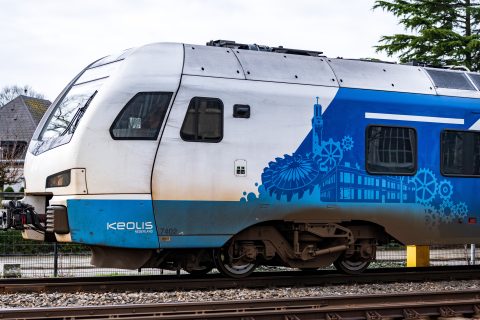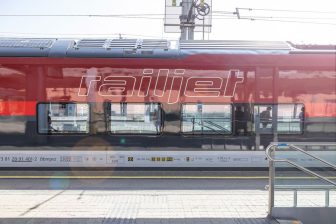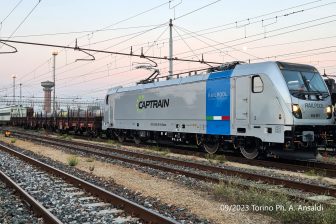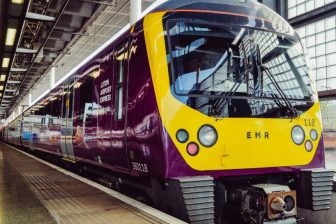
Dutch province can’t make the (business) case for battery trains
A Keolis train seen in the Netherlands 2022, ANP / Hollandse Hoogte / Venema Media
The Dutch province of Overijssel has pulled the plug on the use of battery-electric trains from 2027 onwards. The province had planned to use the trains on sections without overhead lines instead of the diesel trains currently in use.
Want to read more?
You have read all of your free premium articles for this month. Please become a subscriber to keep reading.
Subscribe now!
Take advantage of our exclusive offer to get full access to all premium content.




